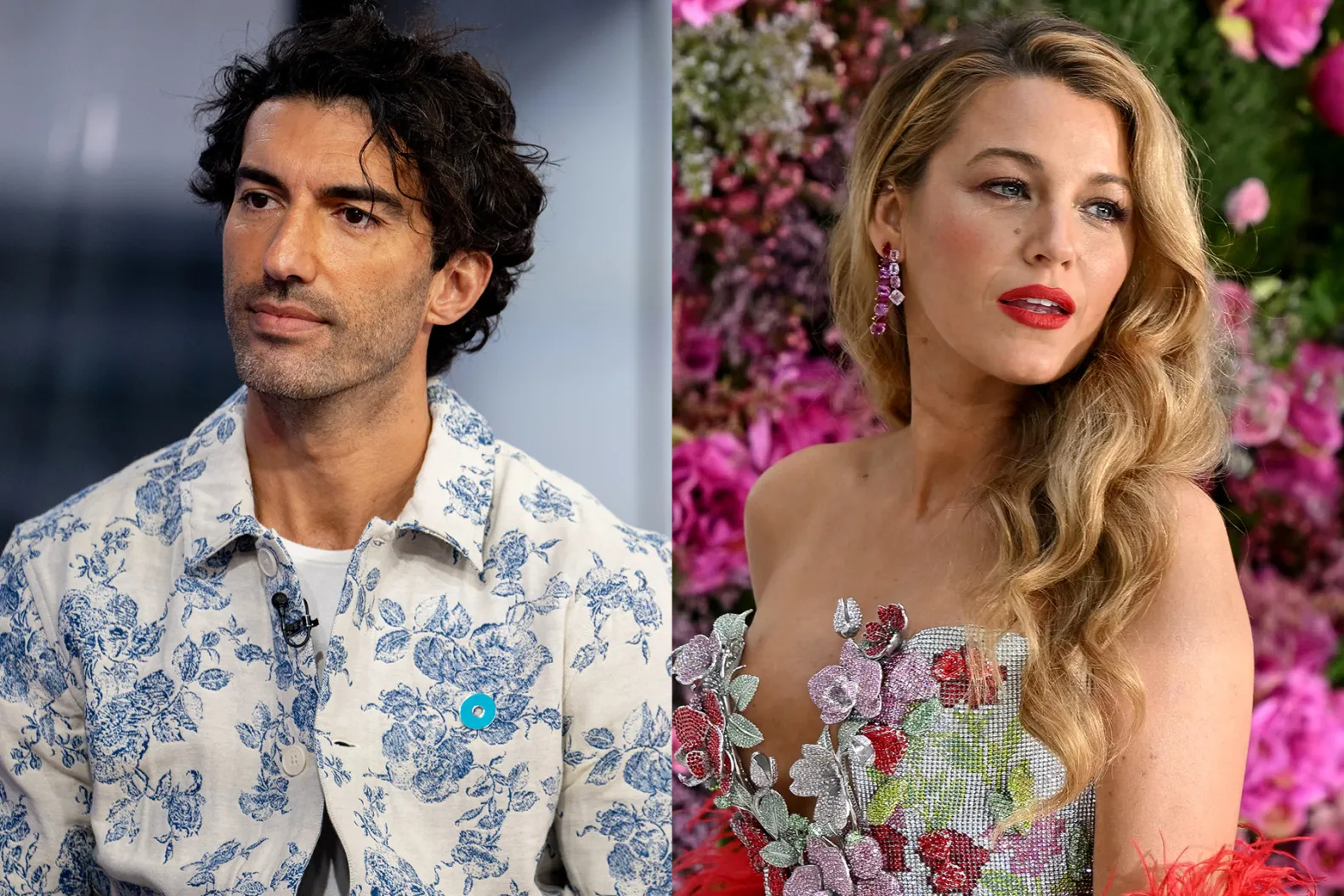It Ends With Us hit theatres on August 9th 2024, following an adaptation of Colleen Hoover’s novel. The film follows Lily Bloom as she navigates complex relationships with love and abuse, which globally became one of the most discussed films of the year. The cinematography and storytelling, I believe, played a crucial role in demonstrating the importance of issues such as domestic violence. But the message became more complex after sexual harassment allegations between co-stars Blake Lively and Justin Baldoni, leaving us to question the overall message of the film.
Why the Story Matters: from BookTok to Film

Colleen Hoover’s popular 2016 novel It Ends With Us, gained worldwide success through social media communities such as BookTok. The large fanbase generated high expectations, leaving many of us excited to visualise the emotional intensity reflected in the novel.
The storyline follows protagonist Lily Bloom, a 23-year-old who is facing her life of domestic violence that began during her early childhood and followed into her romantic relationship. The film suggests ideas of love, abuse and survival, which resonate with many young women and have generated conversations, especially on digital platforms, surrounding domestic violence.
Although I haven’t personally experienced domestic violence, the actors capture the emotional complexity, vulnerability and depth of each character which allowed me to explore the underlying complexities of abuse. The film effectively portrays the character’s connection with self-doubt and manipulation that can appear in abusive relationships, which, personally, I haven’t seen explored in films. However, other viewers argue that the film did not provide an exact representation of domestic violence in the real world. But overall, I feel as though the film still had a huge role in building awareness of domestic abuse and how common it is around the globe.
The film generated a box office of $50 million USD on the opening weekend, which was driven by the social media success of the original novel. As I’m sure many of us have heard about on TikTok.
Unlike other box office hits, the adaptation of Colleen Hoover’s novel generated important conversations about domestic violence as seen on digital platforms. It became more complex after a sexual assault lawsuit was filed between co-stars Lively and Baldoni at the end of 2024.
The Off-Screen Legal Battle
In late December of 2024, the film’s box office success was overshadowed by legal allegations between Lively and Baldoni a few months following the film’s release.
The multiple legal cases emerged after the first accusation, where Lively filed complaints accusing Baldoni of sexually harassing her during the film’s production. In addition to claims of a smear campaign against her. With old interview footage circulating on social media platforms, of Lively allegedly being rude to interviewers, which formed mixed opinions on the actress.
But isn’t it just her sense of humour? Or is she showing her true colours? I’m honestly unsure where I sit, but I unfortunately think the movie’s message has clearly been lost due to the public’s fixation on the allegations. Audience responses to Lively’s interviews were torn between whether it was just her humour or satire, and others remained appalled at Lively’s responses during the interviews. Later, it was known to be a smear campaign developed by Baldoni, which was further developed by the public’s input, with older videos resurfacing.
A counter lawsuit was then filed by Baldoni, suing Lively for damages up to $400 million on January 16th 2025. However, in June 2025, U.S Judge Lewis Liman dismissed Baldonis’ counter lawsuit due to Lively’s sexual harassment claims being legally protected.
The complexity of the lawsuit has left audiences confused and unsure of how the ongoing lawsuit is going to unfold.
So Does This Adaptation Deliver?
The allegations surrounding the production of the film, It Ends With Us, generated controversy, but I believe it has remained influential and relevant in discussing important societal issues. It allowed audiences to understand the complexity of relationships and abuse and although I haven’t read the novel, the film generated necessary conversations and knowledge surrounding abuse. But I also recognise that the film wasn’t a perfect depiction of the novel, as many viewers have argued.
Although the ongoing allegations certainly complicated the perception of the film, it suggests how easily messages can be overshadowed by external factors. The current tension between the co-stars has led audiences to question whether the sequel, It Starts with Us, will ever develop in the future and if it can maintain emotional intensity conveyed in It Ends With Us.
